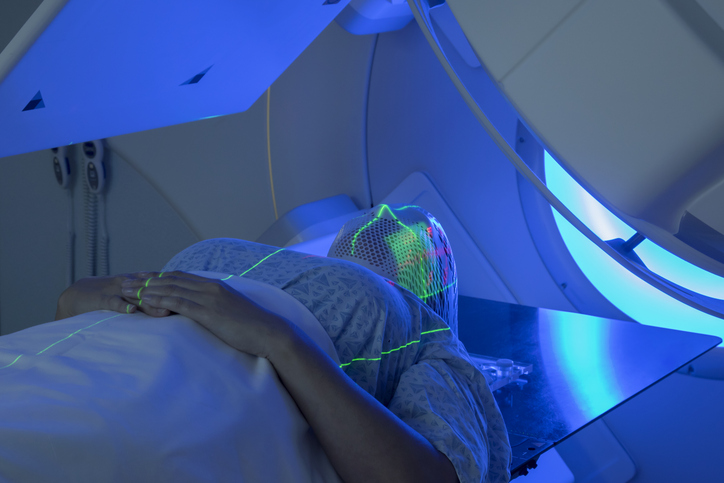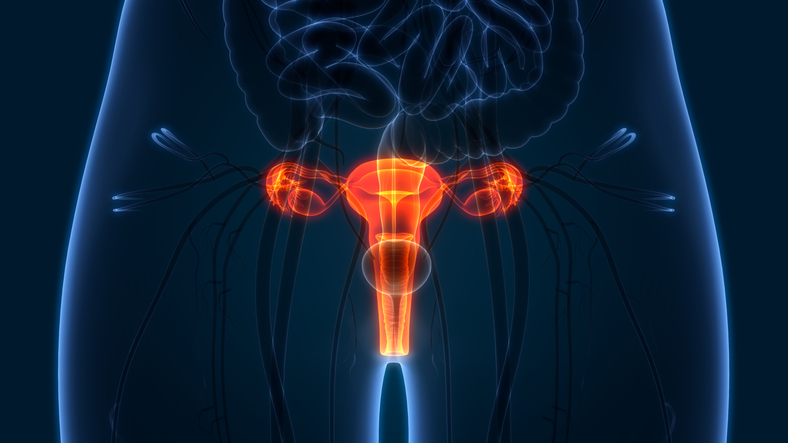
The U.S. Food and Drug Administration (FDA) granted accelerated approval for larotrectinib to treat adult and pediatric patients with cancer with solid tumors that have a neurotrophic receptor tyrosine kinase (NTRK) gene fusion without a known acquired resistance mutation, have metastatic disease or surgical resection is likely to result in severe morbidity, and have no alternative treatments or disease has progressed following treatment.
Today @FDA approved @Larotrectinib (Vitrakvi), a new drug, for the treatment of cancer patients with NTRK-positive tumors. This include a subset of CRC patients. #ColorectalCancer #tomorrowcantwait @ccalliance https://t.co/xfvYtYqqyh
— Dr. Ronit Yarden (@Run_itt) November 27, 2018
This is the second FDA-approved anticancer agent that treats a common biomarker across different tumor types, known as “tissue agnostic.” There are no other FDA-approved agents to treat cancers with NTRK expression.
The decision was based on three clinical trials of larotrectinib: phase I adult trial, phase II NAVIGATE trial, and phase I/II pediatric SCOUT trial. The studies included 55 pediatric and adult patients with solid tumors with NTRK gene fusion.
FDA Approves Vitrakvi (larotrectinib) for TRK Fusion Cancers https://t.co/1RCpC2x2hk
— Hayk Arakelyan (@Saspeirs) November 27, 2018
In pooled results, larotrectinib resulted in a 75% overall response rate (95% CI, 61-85) across different types of solid tumors, including a 22% complete response rate and 53% partial response rate. Responses were durable: 73% (n=41) lasted at least 6 months, and 39% lasted 1 year or more. Median duration of response and progression-free survival were not yet reached at analysis. Median time to response was 1.84 months.
Tumor types with an NTRK fusion that responded to larotrectinib included soft tissue sarcoma, salivary gland cancer, infantile fibrosarcoma, thyroid cancer, and lung cancer.
The most common adverse events associated with larotrectinib were fatigue, nausea, cough, constipation, diarrhea, dizziness, vomiting, and increased aspartate aminotransferase (AST) and alanine aminotransferase (ALT) enzyme blood levels in the liver. Physicians should conduct ALT and AST liver tests every 2 weeks during the first month of treatment, then monthly and as clinically indicated. Women who are pregnant or breastfeeding should not take larotrectinib. Patients with signs of neurologic reactions such as dizziness should contact their physician.
FDA approves a new treatment for ALK-positive metastatic NSCLC.
A study identifies a biomarker that signals a better response to CAR T-cell therapy.
Source: FDA







 © 2025 Mashup Media, LLC, a Formedics Property. All Rights Reserved.
© 2025 Mashup Media, LLC, a Formedics Property. All Rights Reserved.